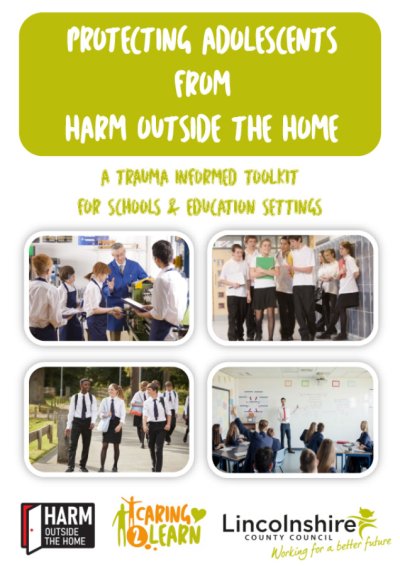Displaying 1 to 9 of 9
Multi-agency Practice Principles for responding to child exploitation and extra-familial harm
Thu, 23 Mar 2023
The multi-agency Practice Principles for responding to child exploitation and extra-familial harm are designed to support effective partnership working across different local contexts; providing a common language and framework to better respond to child exploitation and extra-familial harm[1].
Child Exploitation Disruption Toolkit
Thu, 01 Sep 2022
This toolkit has been developed to support frontline practitioners to safeguard children and young people under the age of 18 from sexual and criminal exploitation. This includes social workers, police officers, housing officers, education staff, healthcare staff, charity staff, and others.
This toolkit, put together by the Contextual Safeguarding Network, helps schools and community organisations to respond to youth violence. It aims to help schools to assess safety in their setting and provides resources supporting the implementation of contextual interventions within community settings...
This self-assessment toolkit, put together by the Contextual Safeguarding Network, aims to support schools to address Harmful Sexual Behaviours.
Leicestershire's Anti-Racist Audit Tool was developed and piloted with primary schools during 2021-2022 to support schools in improving their anti-racist practice. Schools found the audit tool helpful to identify areas of good practice along with areas for development and discussion.
The Understanding Behaviour in Schools Toolkit is a free East Midlands Education Support Service resource.
Expect Respect is a prevention toolkit that will help lead sessions around healthy relationships for children and young people aged 4-18.
Protecting Adolescents from Harm Outside the Home: A Trauma Informed Toolkit (PDF, 1.3 Mb)
This toolkit for schools, produced by Lincolnshire County Council, aims to support development of a trauma informed approach.
Harm Outside the Home Toolkit (PDF, 14 Mb)
A tool for schools and settings for understanding and mitigating potential harms outside the home.
Created by Nottinghamshire County Council



